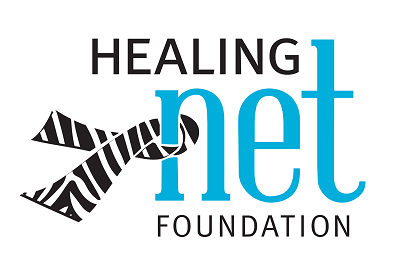Maintaining Good Health Overall
/Protecting your health is more important now than ever before. To maintain your ability to live well after treatment it is important to improve, or avoid developing, other health conditions to the extent this is within your control. Do you smoke? Do you have a sedentary lifestyle? Do you have a poor diet or drink to excess?
One positive effect of making changes to improve (or maintain) your health is that this commitment to better health can also boost your emotional wellbeing. Even doing small things to take care of yourself and making time for yourself can increase your confidence and feelings of self-worth.
Many wellness and cancer patient support programs offer meditation, yoga and other classes geared toward stress reduction. Exercise classes can be fun and are wonderful ways to connect with others and relieve stress. Spiritual communities can be extremely comforting to their members, providing assistance and emotional support, as well as continuing to offer purposeful opportunities to help others, which can be very gratifying.
Self-care includes being honest with yourself about your own needs, especially those involved in getting you to your goals. This may involve setting limits on your time and responsibilities with both family and friends and choosing to make time and space for yourself when you might have neglected to do this in the past.



